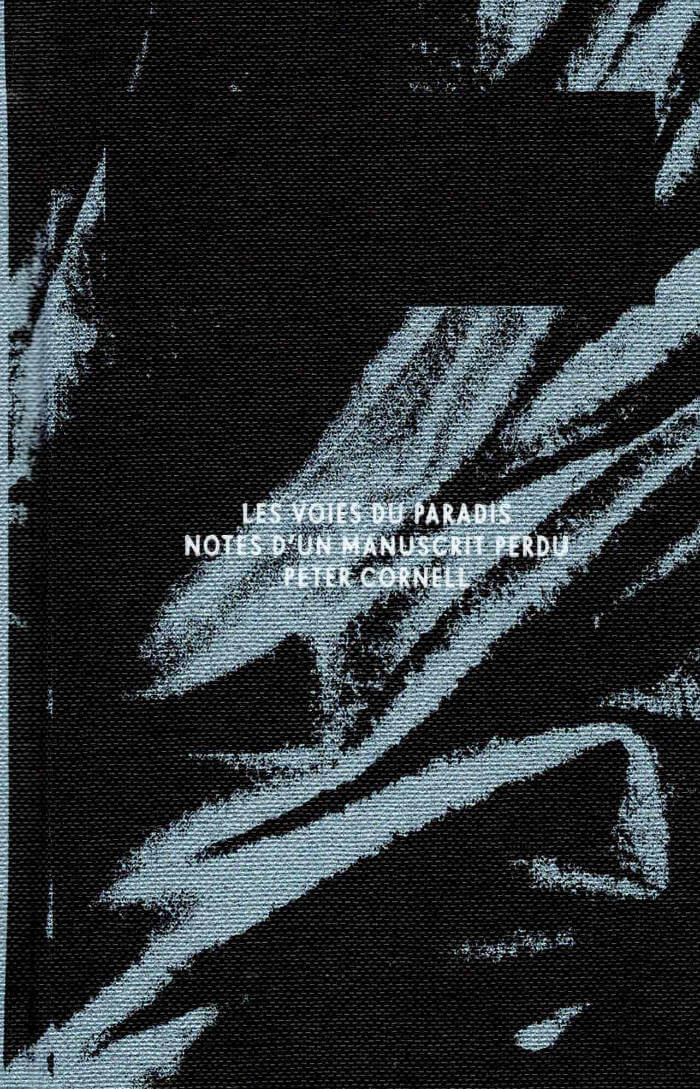
Le Large
This light, pocketbook format publication by After 8 Books gathers works by French artist Julie Beaufils, and three short stories commissioned for the occasion, dealing altogether with social tensions and emotional explosions.
The ink drawings by Julie Beaufils that form the core of the book, follow a logic of editing, accumulation and narrative incompleteness: the figures come from memories of films or TV series, as sediments of mass culture, or sometimes from personal observations and experiences crystallized in images. Shapes and figures develop as an ambivalent collection, informed by the weight and the vibration of lines and strokes.
This book aims at triggering the interpretation of these works, and at making their “reading” more complex, more playful too. Graphic designer Scott Ponik composed a visual story close to a manga, part abstraction, part emotion. The narrative and affective potential of the drawings is further activated by their free association with three short stories by Michael Van den Abeele, Buck Ellison, and Reba Maybury. Van den Abeele tells about the inner thoughts of a donor at the sperm bank; Buck Ellison’s story follows a few hours in the life of some girls in the San Francisco area, dealing with the cruelty and the naïvety of their relationships; while Reba Maybury proposes an erotic analysis of the connection between desire and capitalism.







